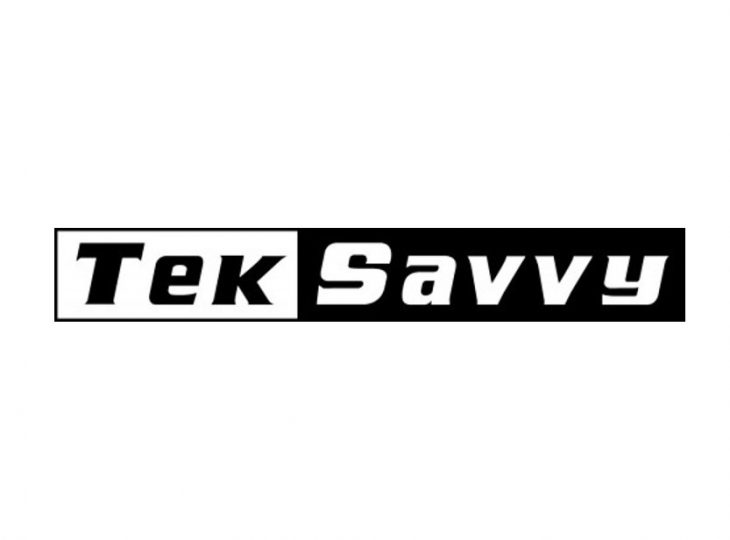
Independent ISP demands answers to altered methodology – and a fixed report
CHATHAM, ON – TekSavvy Solutions is calling on the CRTC to fix its “flawed” 2018 Communications Monitoring Report and for the Commission to explain why it omitted data the company says is highly relevant to current regulatory proceedings.
In a letter submitted Wednesday to the Regulator, the independent ISP says the 2018 CMR released December 20th was not only very late and disjointed, but it also did not follow the same methodological standards and practices of prior reports.
“The CRTC published the 2018 Report in the waning days of 2018, during an open proceeding that involves a challenge to an earlier CRTC decision to restrict competition for Internet services,” reads the Teksavvy letter, alluding to a proceeding that is incredibly important to the company.
TekSavvy said the 2018 Communications Monitoring Report broke with standards that the CRTC itself deemed necessary for the report’s role as a “benchmark for Canadians to gauge the impact of CRTC policies and as a primary source of evidence to inform their participation in CRTC proceedings.”
Not to mention the problem of how old the information is. While the final part of the CMR was published December 20th, the actual data inside is from 2017. “Even when one is able to draw on information presented in the most recent report, that data is always one to two years old,” reads the letter.
At the heart of the matter is an application before the CRTC filed by Canadian Network Operators Consortium asking the CRTC to remove speed caps (50 Mbps on telecom and 100 Mbps on cable) applied to resellers like TekSavvy using incumbent networks’ wholesale facilities. CNOC told the Commission, among other things, that the caps restrict competition because an ever-increasing number of Canadians want higher and higher speeds
While the 2017 CMR showed such growth, the 2018 CMR excluded that particular dataset, and others, with no explanation. “(T)he 2018 Report omitted the retail market data for Internet speeds above 50 Mbps and above 100 Mbps that had been included in the 2017 Report, and that CNOC had cited as evidence regarding the harmful impacts of the speed caps on competitors,” reads the TekSavvy letter.
“That this data had been omitted from 2018 Report is especially surprising not only given its relevance to the open proceeding, but also because the 2018 Report includes statistics derived from the omitted data. For example, it cites a standalone subscriber distribution statistic for the very fastest Internet plans on the market (1.2%). It also notes that the weighted average speed of all residential subscriptions was 68 Mbps, ‘far faster than the 15 Mbps average in 2013’ and, it must be noted, far faster than 50 Mbps, the speed at which TekSavvy’s retail business is capped on Bell’s wholesale facilities.”
The letter also acknowledged that TekSavvy has since learned the missing data has been archived in the federal government’s open data portal – but that no one was told of that. The letter also noted six other methodological problems with the 2018 CMR.
“We’re asking the CRTC to explain these changes and omissions, to provide more information about the standards it applied to this latest edition, and to issue an amendment to the 2018 Report that presents all omitted data as transparently as possible,” said TekSavvy’s vice-president of regulatory and carrier affairs Andy Kaplan-Myrth, in a statement.
When contacted by Cartt.ca, a CRTC spokesperson said that the Commission is “carefully examining the letter and will respond in due course.”



